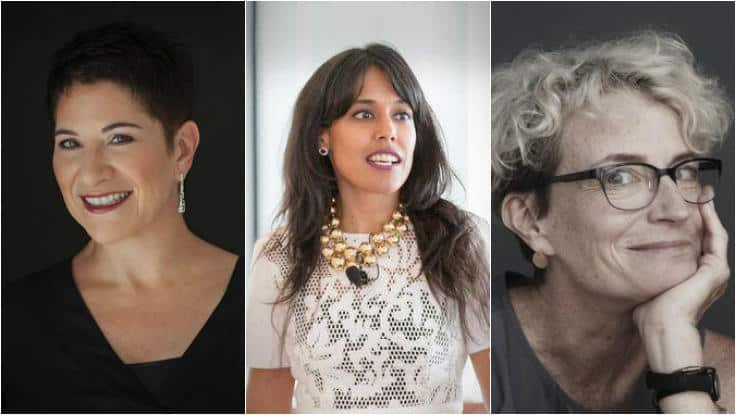Companies do better when they embrace and support diversity. But diversity isn’t just about ethnicity. It’s about gender, age, ability, perspective and it’s different for every industry. Lavin’s diversity and inclusion experts—Ritu Bhasin, Minette Norman, and Ashton Applewhite, to name a few—come from the worlds of corporate law, theater, and social justice. These differences demonstrate just how complicated this subject can be.
At leading software tech company Autodesk, the person who led 3,500 engineers through a corporate culture transformation wasn’t another male engineer. It was Minette Norman, a liberal arts major and living proof that traditionally “female” qualities, like radical empathy and communication are the best tools to demolish silos and dislodge entrenched attitudes.
Companies flourish when employees can bring their whole selves to work, and Ritu Bhasin, diversity expert and consultant, has the proof that when employees are able to bring their true, unfiltered, authentic identities to work, without fear of judgement or reproach, workplace culture, and productivity, improves.
What if discrimination based on age were viewed as any other “ism”? Like racism and sexism, ageism is a completely unacceptable bias that hurts not only older people (which we’ll all become one day) but also everyone who isn’t benefiting from the wisdom and experience that comes with getting older. Ashton Applewhite’s TED talk below garnered a standing ovation and has been viewed almost two million times.



